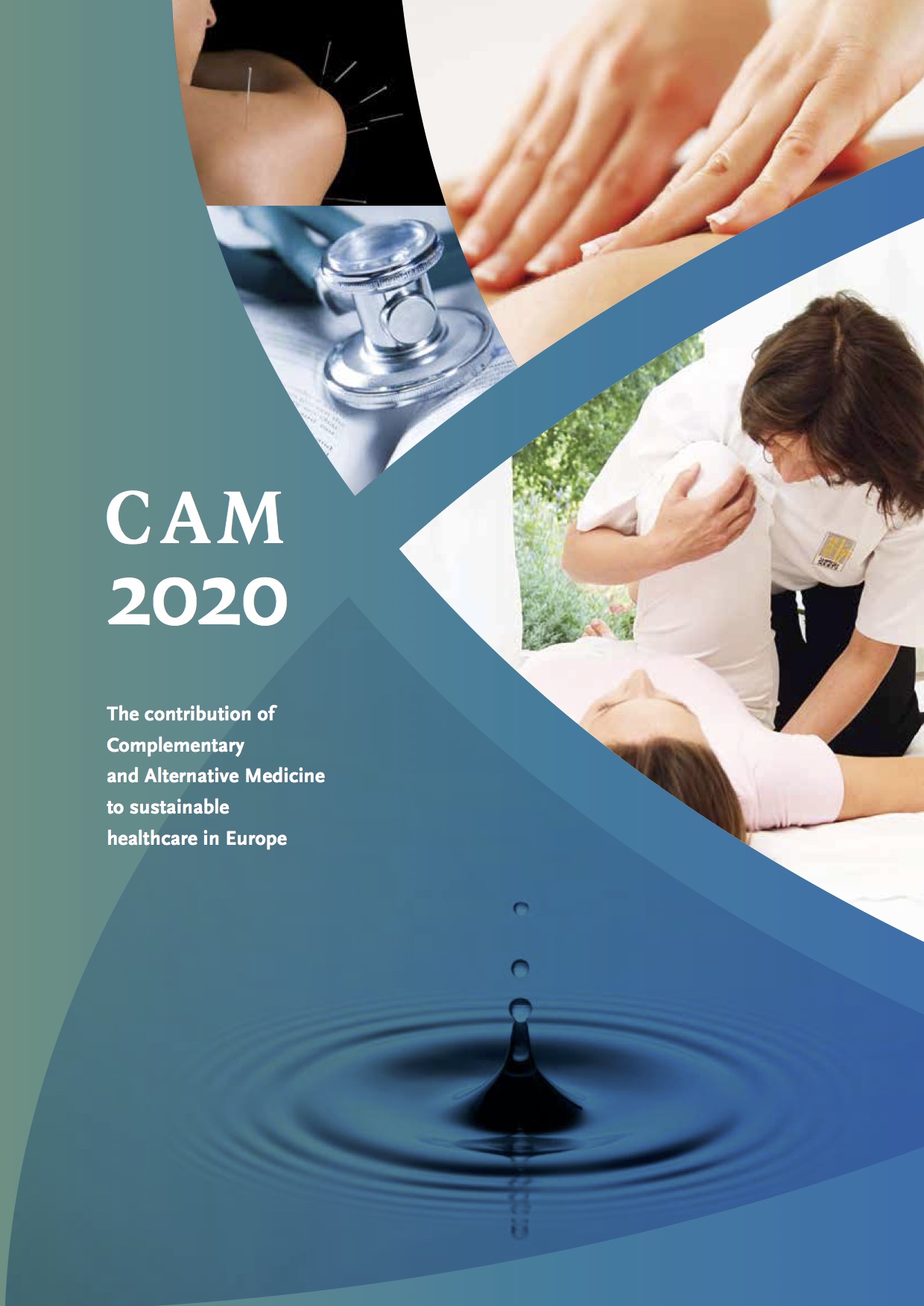CAM Community
Policy: Summary
Our healthcare system
should shift its focus from a mainly treatment-oriented framework of
public health to a more prevention-centred society in which healthy
lifestyles are promoted and sustained. Current gaps in healthcare
service provision should be addressed through extending the system to
include the concept of salutogenesis and the holistic approach of
Complementary and Alternative Medicine (CAM), resulting in integrative
care throughout the system and the inclusion of CAM methods currently
mostly only available in private practice.Among the possible models for the use of CAM are:
• total integration of CAM and conventional medicine practices under a single State healthcare system based on the principles of salutogenesis and holism and the expertise ofthe various CAM professions,
• a mix of the current treatment oriented framework and the buying in of CAM services from the various CAM professions,
• Integrated Primary Care Health Centres providing the facilities for multi-disciplinary teams to work together providing a greater focus on prevention and management of chronic disease.
The future of health professionals should include new categories of health consultants and practitioners as required in a society oriented toward prevention and self-care. A society in transition to holistic values will require the assistance of professionals to help them make appropriate lifestyle choices, learn self-care, and choose wisely when seeking professional help. Health psychologists, dual-trained physicians (in conventional Western medicine and CAM), CAM practitioners, specialised nurse practitioners, bodywork practitioners, nutritionists, mind-body technique instructors, and health coaches are examples of categories of workers who may help to fill existing needs.
There is also the contribution CAM can make to health education, health promotion and prevention, EAP programmes and others, and in Community terms, to the “Health in All Policies” objective.


